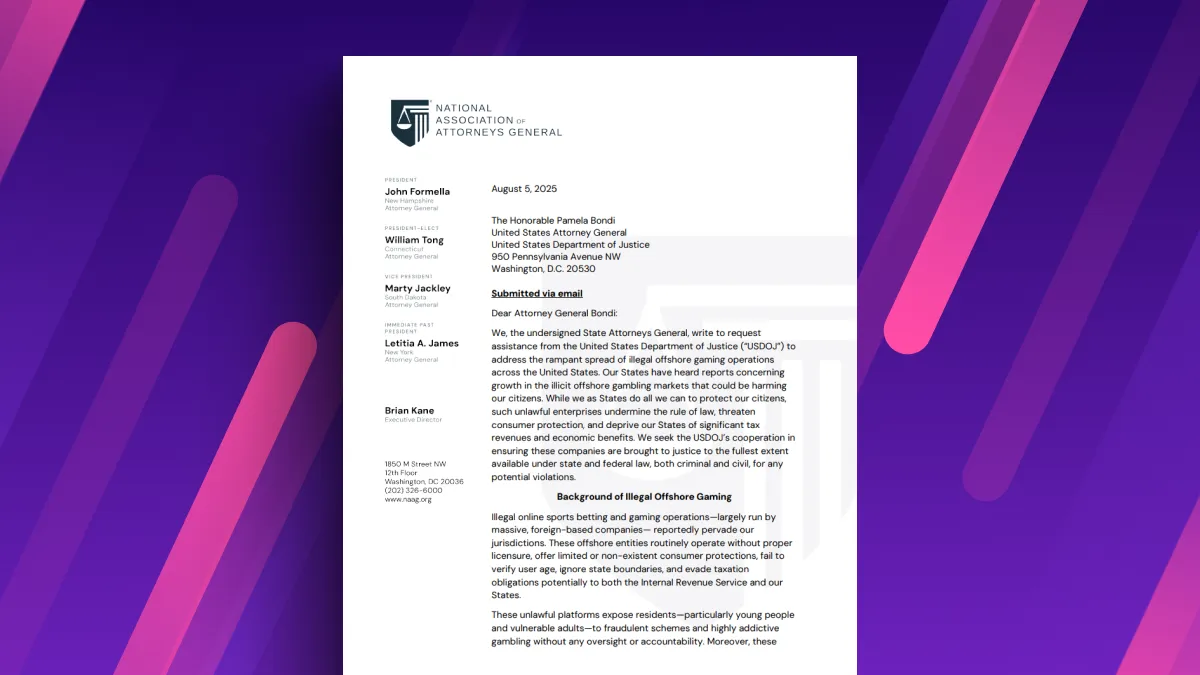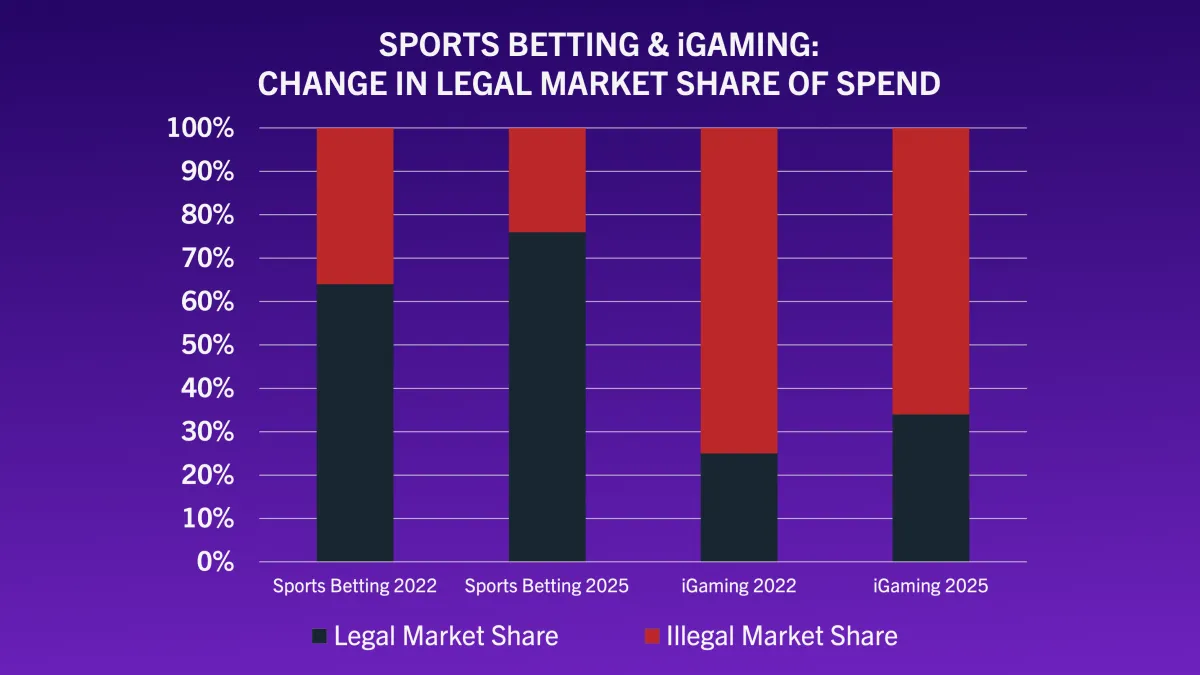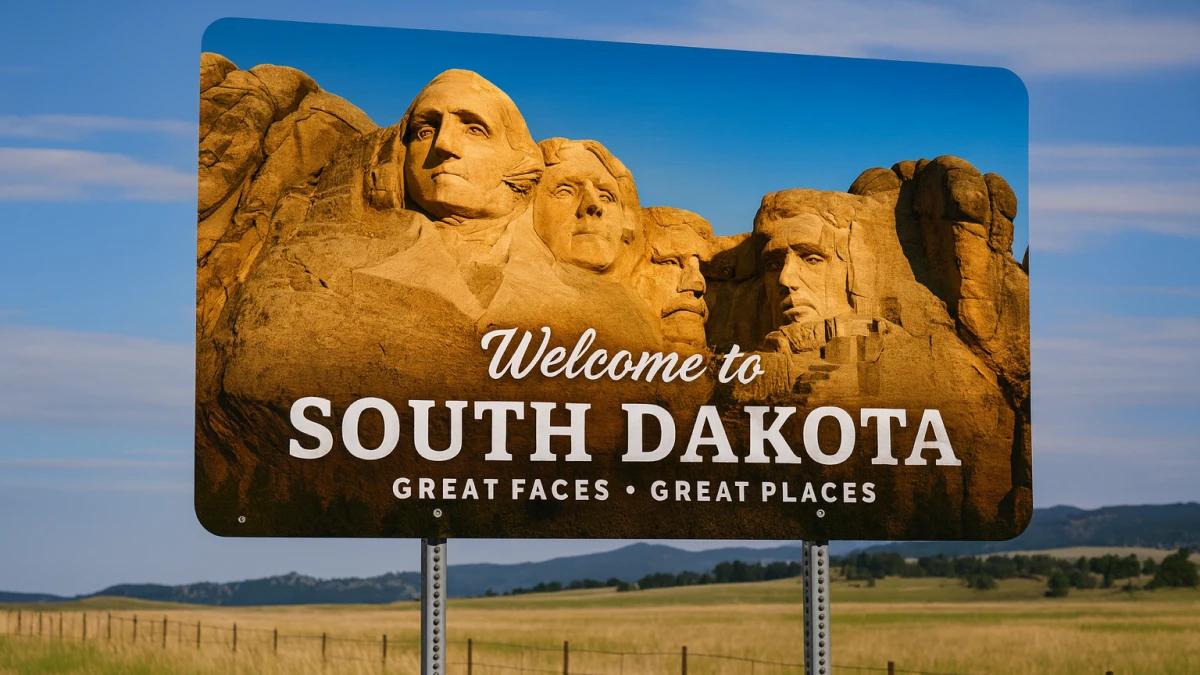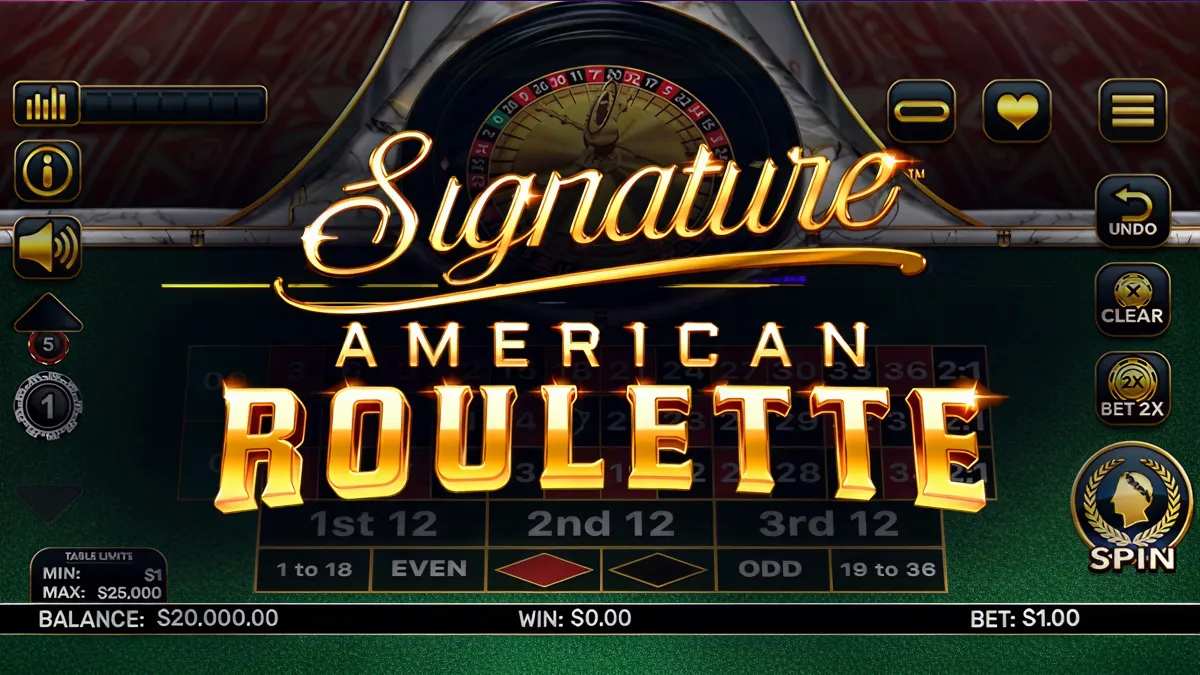50 Attorneys General Demand Federal Crackdown on Illegal Offshore Gambling

1.0
Default
A 50-person coalition of Attorneys General has called on the US Department of Justice to take action against the looming threat of unregulated gambling platforms located offshore. In a letter sent to US Attorney General Pam Bondi, the group asked the DOJ to give priority to the targeting of illicit sports betting and iGaming operations that are outside the laws and regulations of the United States.
A powerful bipartisan alliance of 50 Attorneys General from across the United States is calling on the US Department of Justice to step up its efforts to enforce against offshore gambling operations that they say are undermining consumer protections and siphoning off critical state tax revenue.
In a strongly worded letter to US Attorney General Pam Bondi, the coalition called on the Department of Justice to take immediate and aggressive action against unlicensed, offshore online sportsbooks and casino platforms operating outside the boundaries of US law.
Rampant illegal activity threatens US markets
According to the coalition, illegal offshore gambling platforms are thriving by evading US regulatory oversight. Many of these operations are based overseas and lack licensure, security controls, and the consumer safeguards required by regulated state operators.
These unlawful gambling platforms expose users - particularly minors and vulnerable populations - to significant risk, the letter states. They not only operate outside our legal framework, but they also facilitate problem gambling, financial crimes, and fraud.
The Attorneys General expressed deep concern over the platforms' ability to bypass US laws and reach American consumers directly, often through aggressive online marketing and unregulated payment processing systems. The group estimates that illegal online gambling could exceed $400 billion annually, costing states more than $4 billion in lost tax revenue.
Coalition calls for DOJ action
To confront this growing challenge, the Attorneys General proposed a multi-pronged strategy for federal enforcement, leveraging existing laws and partnerships. Specifically, the letter calls on the DOJ to:
Utilize the Unlawful Internet Gambling Enforcement Act (UIGEA) to seek injunctive relief and block consumer access to illegal gambling websites;
Seize assets - which includes websites, servers, and profits - tied to offshore gaming operators in violation of federal law;
Coordinate with state authorities, payment processors, and financial institutions to dismantle the financial networks that support illegal online gambling.
The DOJ has the tools to tackle this threat head-on, the letter states. What's needed now is the will to act in defense of American consumers and the integrity of our lawful gaming markets.
Broad bipartisan support across the country
The letter was co-signed and sponsored by Attorneys General William Tong of Connecticut, Andrea Joy Campbell of Massachusetts, Mike Hilgers of Nebraska, and Derek Brown of Utah. In total, AGs from all 50 states, the District of Columbia, and five US territories - including the US Virgin Islands and American Samoa - signed on in support of the initiative.
This united front represents one of the largest bipartisan coalitions formed on the issue of gambling enforcement in recent years, signaling a strong and growing consensus that federal inaction can no longer be tolerated.
A role for NAAG and ongoing collaboration
The letter was issued in coordination with the National Association of Attorneys General (NAAG), a nonpartisan organization that facilitates cooperation among US Attorneys General. NAAG emphasized its ongoing role in promoting bipartisan dialogue and legal collaboration to address complex, multistate challenges such as offshore gambling.
As the legal gaming market in the US continues to expand, with sports betting now legal in over 30 states, lawmakers are increasingly concerned about the unchecked rise of offshore operators. Today's action marks a critical moment in the push to close loopholes and protect the gains made by regulated state markets. A full copy of the letter is available on NAAG's website.



















